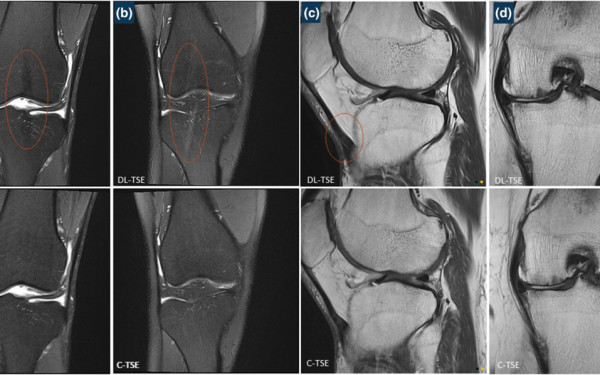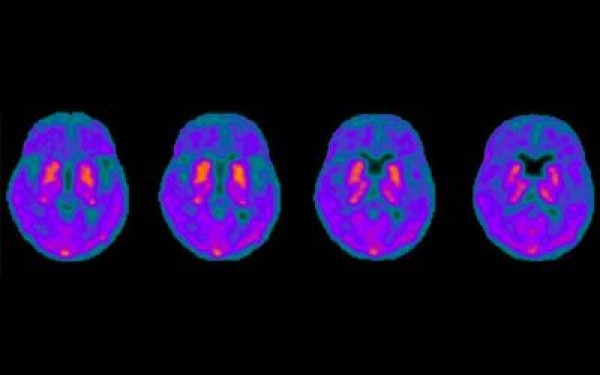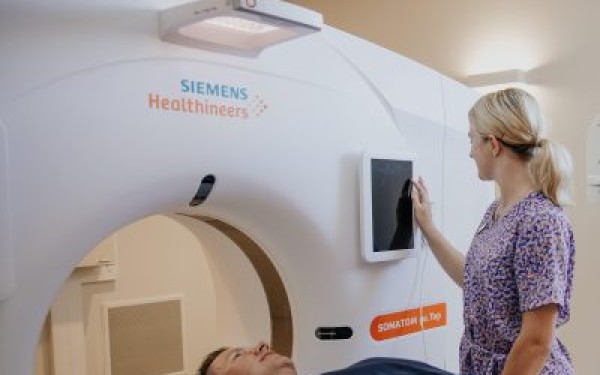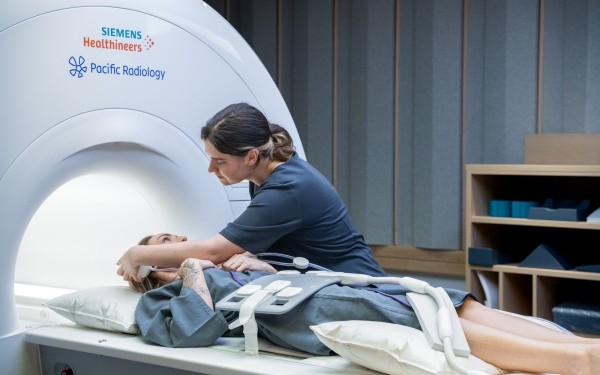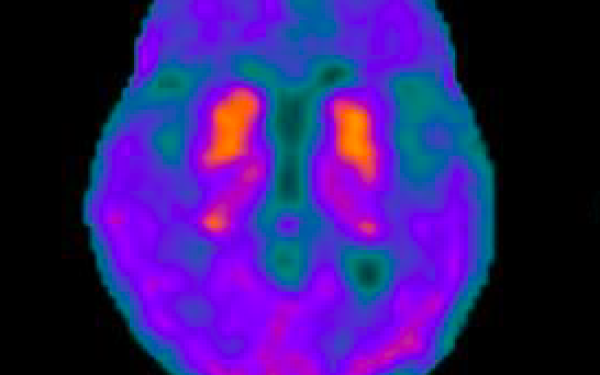Bowel cancer remains New Zealand’s second leading cause of cancer death, with approximately 3,000 diagnoses and 1,200 deaths each year. Each day, around nine New Zealanders are diagnosed with bowel cancer, often with no warning signs. Yet, it is the most treatable cancer if caught early.
This Bowel Cancer Awareness Month, Pacific Radiology is proud to partner with The Gut Foundation to raise awareness, education and research around gut health.
Our role in early detection
One of the most powerful tools we offer in the fight against bowel cancer is CT Colonography (CTC), a highly effective and readily available examination that helps to detect bowel (colon) cancer and pre-cancerous polyps early.
Also known as virtual colonoscopy, CTC uses CT scans to produce detailed pictures of the colon and rectum. Benefits include:
-
It is non-invasive compared to the traditional colonoscopy
-
No sedation required
-
The procedure only takes 15-30 minutes
Watch this video of All Blacks Head Coach Scott ‘Razor’ Robertson and former All Black Israel Dagg as they speak candidly about bowel cancer, gut health, and the benefits of CT Colonography.
Who would benefit from this examination?
-
Individuals aged 45 and above – Regular screening is recommended for both men and women starting at age 45.
-
Those with symptoms – If you experience changes in bowel habits, unexplained weight loss, or blood in stools, a CT colonography can help identify the cause.
-
Family history of colon cancer – If you have a family history of colon cancer or polyps, early and regular screening is crucial.
CT Colonography vs Colonoscopy
Both CT Colonography and Colonoscopy are valuable tools for the early detection and screening of bowel cancer. CT Colonography offers a quicker, non-invasive option with a lower risk of complications, making it an excellent choice for those seeking a less intrusive procedure. Check out the differences below:
